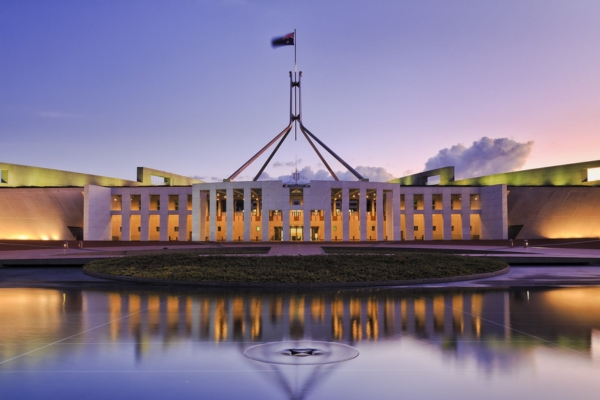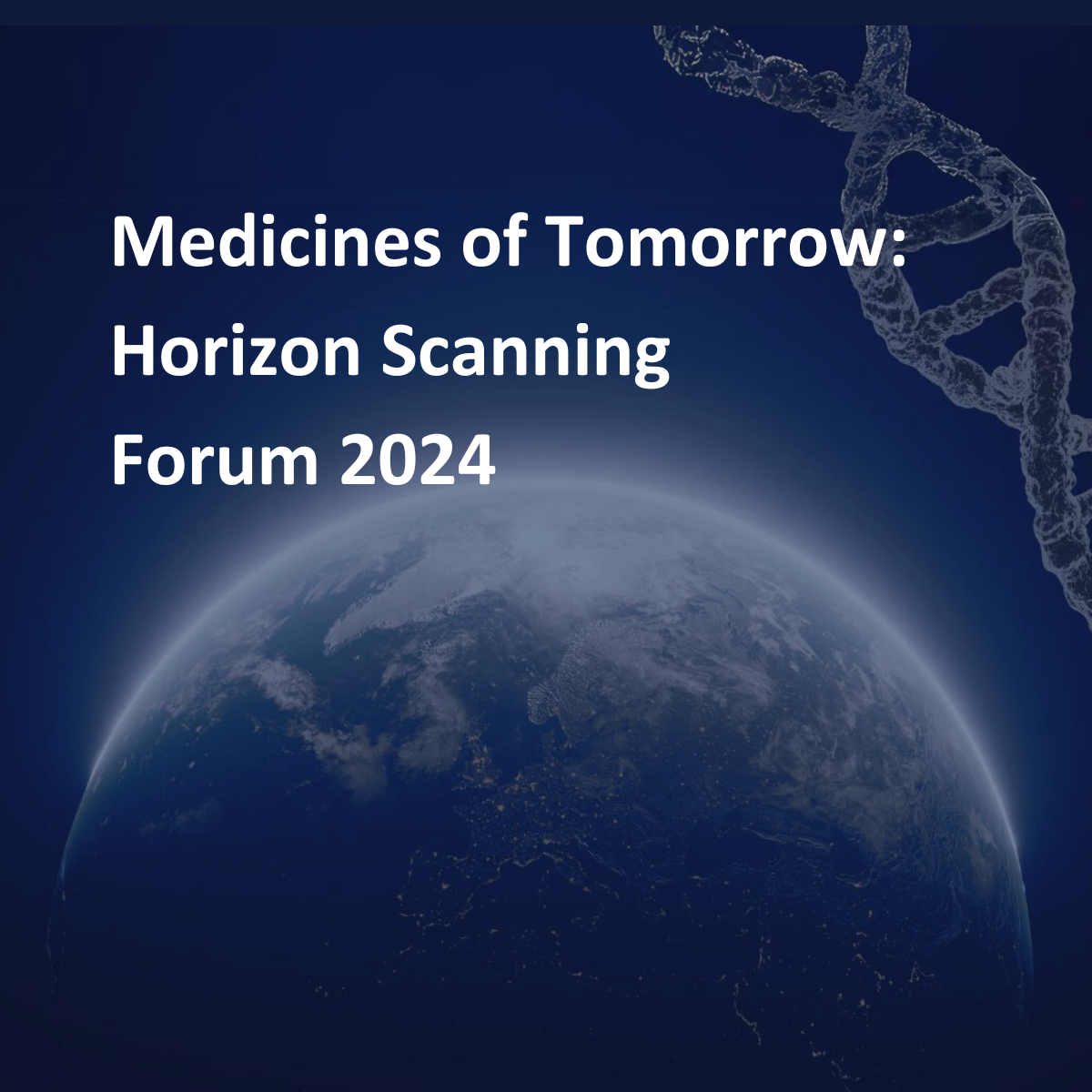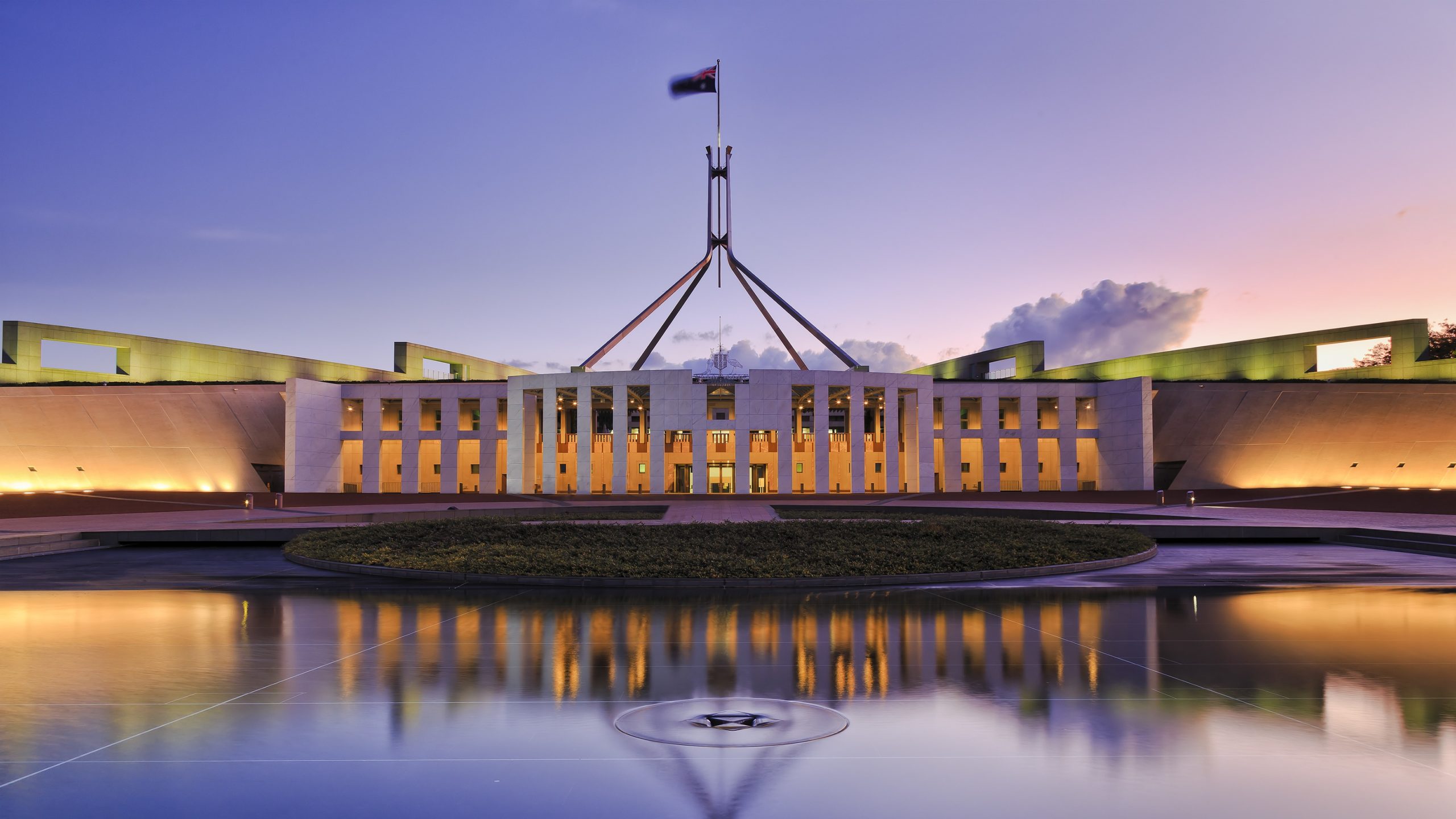Reporting of medicines shortages in Australia
19 June 2024: Medicines Australia has noted an increase in media reports of medicines shortages in the community over the last 12 months.
A medicine is listed on the Therapeutic Goods Administration’s (TGA) shortages reports database when supply is not likely to meet the normal or projected consumer demand within Australia at any point in the next six months. Mandatory reporting of supply information came into effect in January 2019.
“Medicines Australia encourages caution in the interpretation and reporting of supply information that may inadvertently prompt panic buying or stockpiling and further intensify supply pressures,” Medicines Australia CEO Liz de Somer said.
“The TGA database includes actual and potential shortages, as well as shortages of a particular brand where alternatives may continue to be available.”
“This information can be misunderstood and sometimes projected shortages don’t eventuate, which is why it’s important this information is considered carefully.”
“Manufacturers make every effort to ensure supplies are maintained. Where potential shortages are identified, there is collaboration with the TGA, healthcare professionals and prescribers to manage supplies for essential need.”
Shortages may be anticipated for a number of reasons including unexpected increases in demand, natural disasters, ingredient shortages, or disruptions to manufacturing and distribution channels. The global pharmaceutical supply chain is complex and any of these factors can create pressure.
“Transparency is a very important principle for the industry, prescribers and others in the supply chain. However, it is equally important this information does not cause unnecessary concerns about medicines availability for patients,” Ms de Somer said.
If consumers are concerned about the availability of a particular medicine, the best thing to do is talk to your prescribing doctor.
___________________________________________________________________________
Media enquiries to Kate McKeown, Senior Manager Communications and Media – kate.mckeown@medicinesaustralia.com.au or 0408 775 288.










